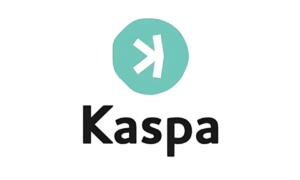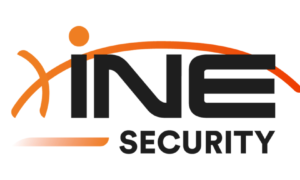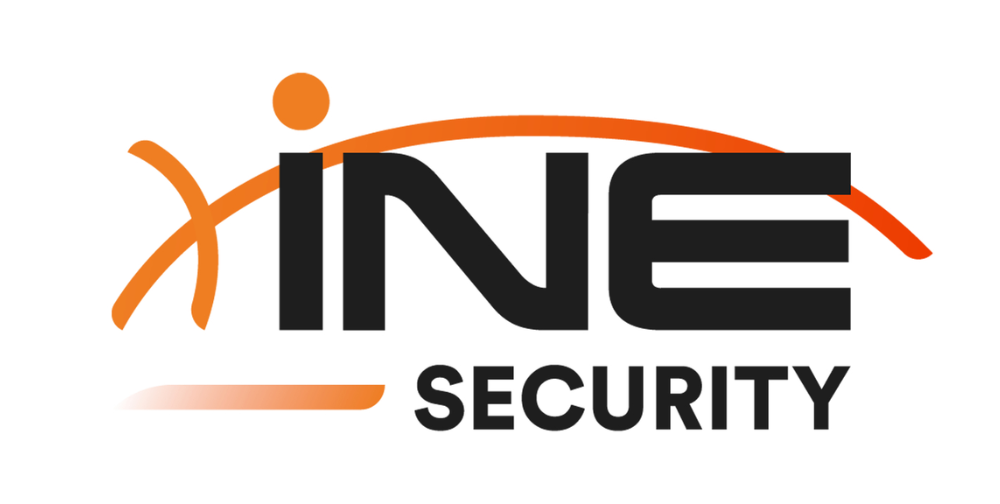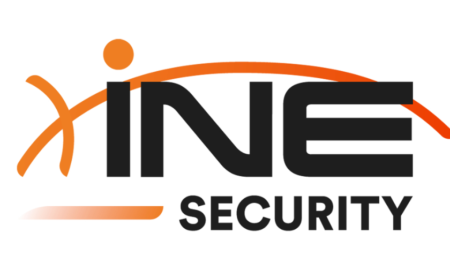The transformative potential of blockchain technology is undeniable, prompting businesses to explore its applications across various facets of their operations. A pivotal decision in this exploration is whether to build a blockchain solution from the ground up through custom development or to leverage the convenience and pre-built infrastructure offered by Blockchain-as-a-Service (BaaS) platforms. Both paths present unique sets of advantages and considerations.
Custom Blockchain Development
Opting for custom blockchain development grants an organization unparalleled control over its blockchain network. This approach allows for the meticulous tailoring of every component, from the consensus mechanism and smart contract functionality to the intricate security protocols. Businesses with highly specific requirements, such as those in the healthcare or financial sectors with stringent regulatory demands, often find custom development to be the most suitable option. By engaging specialized enterprise blockchain development services, companies can create a blockchain solution perfectly aligned with their unique operational needs and security frameworks. This level of granular control ensures that the final product precisely meets the intended purpose and integrates seamlessly with existing systems.
Blockchain-as-a-Service (BaaS)
In contrast, BaaS offers a streamlined and often more accessible entry point into the world of blockchain. These platforms provide pre-configured blockchain infrastructure, development tools, and managed services, allowing businesses to rapidly deploy and experiment with blockchain technology without the complexities of building and maintaining their own network. BaaS can be particularly attractive to startups and small to medium-sized enterprises (SMEs) that may lack the extensive resources or in-house expertise required for custom development. The reduced time to market and potentially lower initial costs make BaaS a compelling choice for organizations looking to quickly implement blockchain for specific use cases, such as supply chain tracking or digital identity management.
Key Considerations in the Decision-Making Process
Several critical factors should guide the decision between custom blockchain development and BaaS. Budgetary constraints play a significant role, with BaaS typically offering lower upfront costs, although long-term expenses can vary depending on usage and scalability needs. The desired level of customization is another key aspect. If a highly tailored solution with unique features is required, custom development is likely the better path. Conversely, if the focus is on speed and ease of deployment for standard blockchain applications, BaaS might be more appropriate. Scalability requirements and the anticipated growth of the blockchain network also need careful consideration. While BaaS platforms are generally designed for scalability, custom solutions can be architected to meet specific long-term scaling demands.
Expertise and Long-Term Strategy
The availability of technical expertise is another crucial factor. Custom development necessitates a team with deep blockchain knowledge, while BaaS platforms abstract away much of this complexity. Finally, a company’s long-term blockchain strategy will heavily influence its choice.
Organizations seeking complete ownership and control over their infrastructure and the ability to adapt it precisely to future needs might favor custom development. Those looking for a more managed and potentially faster route to leverage blockchain’s benefits might find BaaS a more suitable starting point. Ultimately, understanding the core differences and aligning them with business objectives is paramount. Exploring the capabilities offered by enterprise blockchain development services can provide valuable insights for businesses considering a bespoke blockchain solution.



































